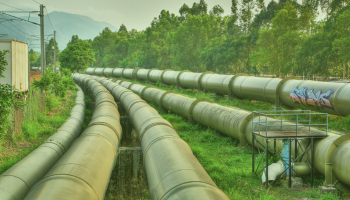
The Punjab State and Chandigarh Human Rights Commission issued a suo motu order demanding a comprehensive report from the Central Ground Water Board (CGWB) on groundwater contamination in Punjab, after a Times of India investigation revealed that 32.6% of samples exceeded safe uranium limits. The contaminants—uranium, fluoride, nitrate, and arsenic—are linked to chronic illnesses such as kidney damage, infertility, and cancer
Concern has escalated across political and expert circles, prompting parliamentary discussions and a CGWB submission deadline of September 25. The report demands immediate policy action: well regulation, community awareness, and mitigation strategies for safe potable water access
Public health specialists emphasize the urgency of systemic monitoring and testing in high-risk zones. Long-term solutions include expanding piped water infrastructure, introducing filtration systems, and conducting health screenings in affected populations to prevent irreversible harm.

.jpeg)



